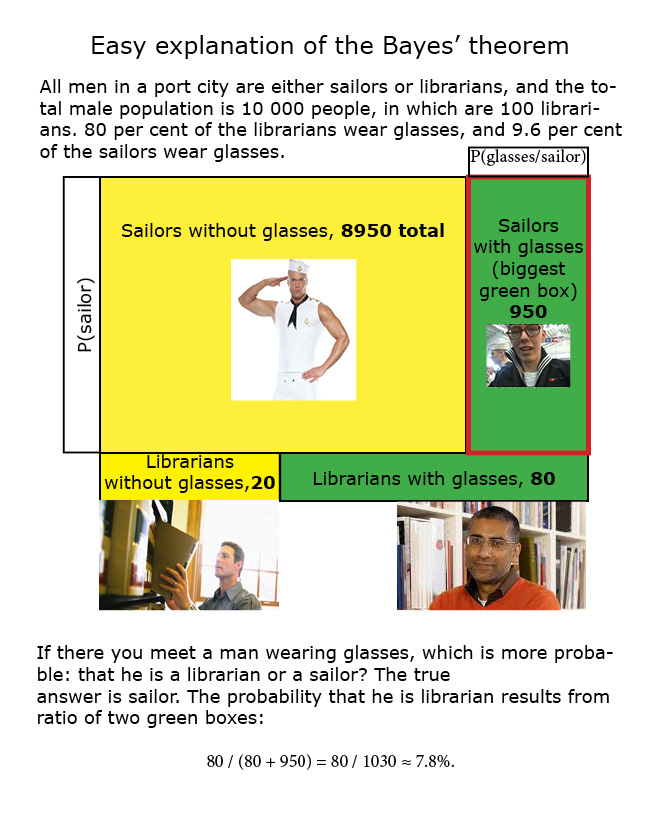If it's worth saying, but not worth its own post (even in Discussion), then it goes here.
Notes for future OT posters:
1. Please add the 'open_thread' tag.
2. Check if there is an active Open Thread before posting a new one. (Immediately before; refresh the list-of-threads page before posting.)
3. Open Threads should be posted in Discussion, and not Main.
4. Open Threads should start on Monday, and end on Sunday.

When I was thinking about "quantum immortality", I realized that I am bad at guessing the most likely very unlikely outcomes.
I don't mean the kind of "quantum immortality" when you throw a tantrum and kill yourself whenever you don't win a lottery, but rather the one that happens spontaneously, even if you are not aware of the concept. With sufficiently small probability (quantum amplitude) "miracles" happen, and in a thousand years all your surviving copies will be alive only thanks to some "miracle".
But of course, not all "miracles" are equally unlikely; even if all of them have microscopic probability, still some of them are relatively more likely than others, sometimes by several orders of magnitude. We should expect to find ourselves in the futures that required relatively more likely "miracles". If you can survive thousand years by two strategies, A and B, where A has a probability of 1/10^50, and B has a probability of 1/10^60, then in a thousand years, if you exist, you should expect to find yourself in the situation A. But I have problem finding out the possible ways and estimating their probabilities. I mean, even if I find some, there is still a chance that I missed something else that could be relatively more likely than the variants I have considered, which means that all my results are unlikely even in the "quantum immortality" future.
(This is also an objection against the constructions where people plan to kill themselves if they don't win a lottery. Push the probability too far, and your suicide mechanism will "miraculously" fail, because some "miracle" had greater probability than the outcome you wanted to achieve. The mechanism will fail, or some intruders will break into your quantum-suicide lab, or an alien attack will disable all quantum detectors on the Earth.)
I cannot even answer a simpler question: In the "quantum immortality" future, should you expect to find yourself more exceptional than other people, or not?
The first idea was that the older you get, the more lucky you are. Even now, think about all those people who died before for various reasons -- you were not one of them! Also a "miracle" saving your life seems more likely than a lot of "miracles" saving lives of many people, because the improbability would grow exponentially with the number of people saved. Thus you should expect yourself to be saved by "miracles" while observing other people not having the same luck.
Or maybe I'm wrong. My crazy example was a nuclear war starting and a bomb dropping on your city, just above your head. How can you survive that? Well, maybe an angel can randomly generate from particles in the sky, and descend to protect you with its wings. This scenario is more likely than a scenario where thousands of angels generate the same way and protect everyone. So a personal "miracle" seems more likely than a "miracle" for everyone. -- But of course now I am privileging an unlikely solution, where much more likely solutions exist; namely, the bomb could malfunction, and the whole town could be saved. So maybe the "miracle" saving everyone is actually more likely than a "miracle" saving only me.
Similarly, a situation thousand years later where I live because cheap immortality for everyone was invented in 20?? seems more likely that a situation thousand years later where only I lived for a thousand years because of series of "miracles" that happened specially to me (or maybe just one huge "miracle", such as me randomly changing to a vampire). So maybe it is possible to experience the "quantum immortality" and still be just an average muggle.
Returning to the original question, what is the most likely way to survive thousand years? Million years? 10^100 years?
(EDIT: There is also a chance that the whole concept is completely confused; for example that "the average living copy of yourself in a thousand years" is a wrong way to predict your most likely personal experience in the future. Instead, the correct approach may be to talk about your typical person-moment in space-time, because there is no reason to privilege the future. I mean, you already know that many of your copies will not have person-moments in far future. And maybe your expected person-moment is plus or minus what you are experiencing now, precisely because you are not immortal.)